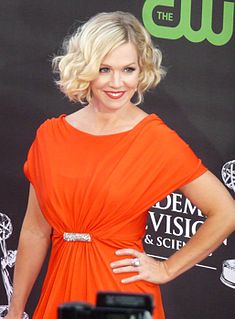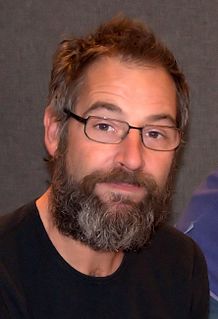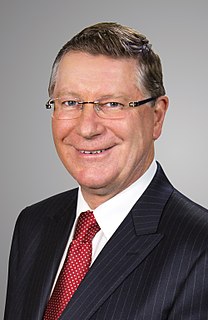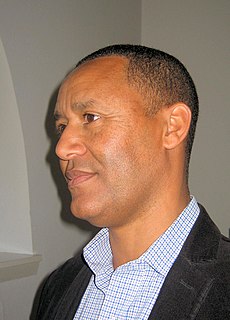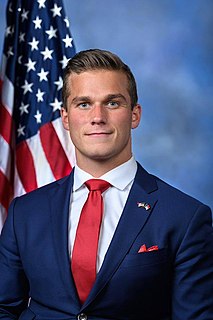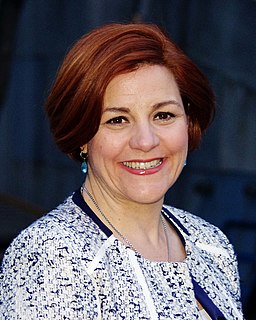A Quote by Moby
There's something about the human brain, that it actually has a predilection towards negativity, which served us really well when we lived in an environment that was very threatening.
Quote Topics
Related Quotes
I argue for a relational conception of the person as a basis for an environmental ethic that can encourage us to preserve the environment not solely on the basis of satisfying human interests and not solely because we might attribute intrinsic value to the environment, but because the environment is something with which we can potentially enter into constructive relationship, as part of what makes us who we are or transform who we are and open us up to new interests.
They told me that I had a leaky valve, which is something that is certainly not life-threatening. It's common and it's something that had I not known about it, would I have lived? Sure. But it's something that I think is important to know, especially as I get older and given that I have heart disease in my family.
Artists use frauds to make human beings seem more wonderful than they really are. Dancers show us human beings who move much more gracefully than human beings really move. Films and books and plays show us people talking much more entertainingly than people really talk, make paltry human enterprises seem important. Singers and musicians show us human beings making sounds far more lovely than human beings really make. Architects give us temples in which something marvelous is obviously going on. Actually, practically nothing is going on.
At age three, if you have a still-growing brain, it's a human behavior. In chimps, by age three, the brain is formed over 90 percent. That's why they can cope with their environment very easily after birth - faster than us, anyway. But in humans, we continue to grow our brains. That's why we need care from our parents.



